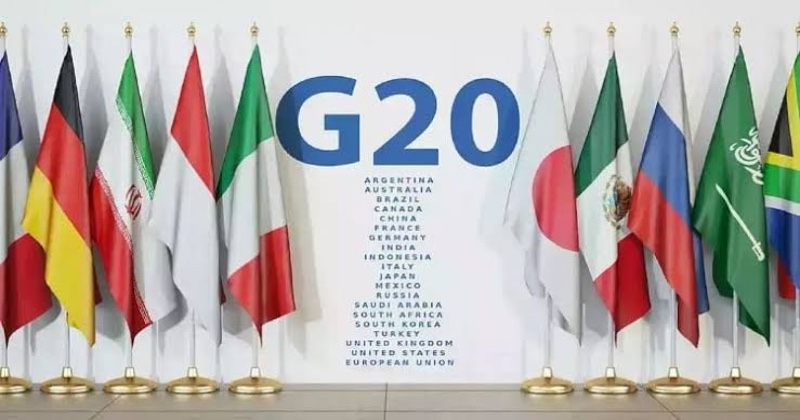
In 2022, nations directed a staggering $1.4 trillion in public funds to bolster fossil fuels, countering their rising costs due to the Ukraine conflict and shoring up energy reserves, as indicated by a recent study. The research, conducted by the International Institute for Sustainable Development (IISD) in Winnipeg, Canada, in collaboration with partners, arrives ahead of the G20 summit scheduled for September 9-10 in New Delhi. Even as India, the current G20 president, significantly reduced fossil fuel subsidies by 76% from 2014 to 2022 and increased support for clean energy, the study emphasizes that the substantial amount of $1.4 trillion encompasses fossil fuel subsidies, state-owned enterprise investments, and financing from public financial institutions, surpassing pre-pandemic and pre-energy crisis levels.
Tara Laan, a Senior Associate at IISD and the study’s lead author, underscores the alarming nature of these figures, underscoring that despite the worsening impacts of climate change, G20 governments continue to inject substantial public funds into fossil fuels. The urgency of addressing fossil fuel subsidies at the summit is stressed, given the escalating effects of climate change. The report urges the G20 to seize its influence and responsibility to reshape fossil-based energy systems. Laan calls for the inclusion of fossil fuel subsidy concerns on the Delhi Leaders’ Summit agenda and urges substantial measures to terminate public financial flows towards coal, oil, and gas.
To mitigate the impact, researchers propose a solution where G20 nations could potentially generate an extra $1 trillion annually through establishing minimum carbon taxes correlated with a country’s income, ranging from $25 to $75 per metric ton of CO2 equivalent. Currently, the G20’s existing taxes on fossil fuels are alarmingly low, averaging merely $3.2 per metric ton of CO2 equivalent. This is concerning as fossil fuel companies reaped substantial profits during the previous year’s energy crisis. Furthermore, the study puts forth a clear timeline for the cessation of fossil fuel subsidies: developed countries urged to cease by 2025, and emerging economies to follow suit by 2030 at the latest.

Post Your Comments